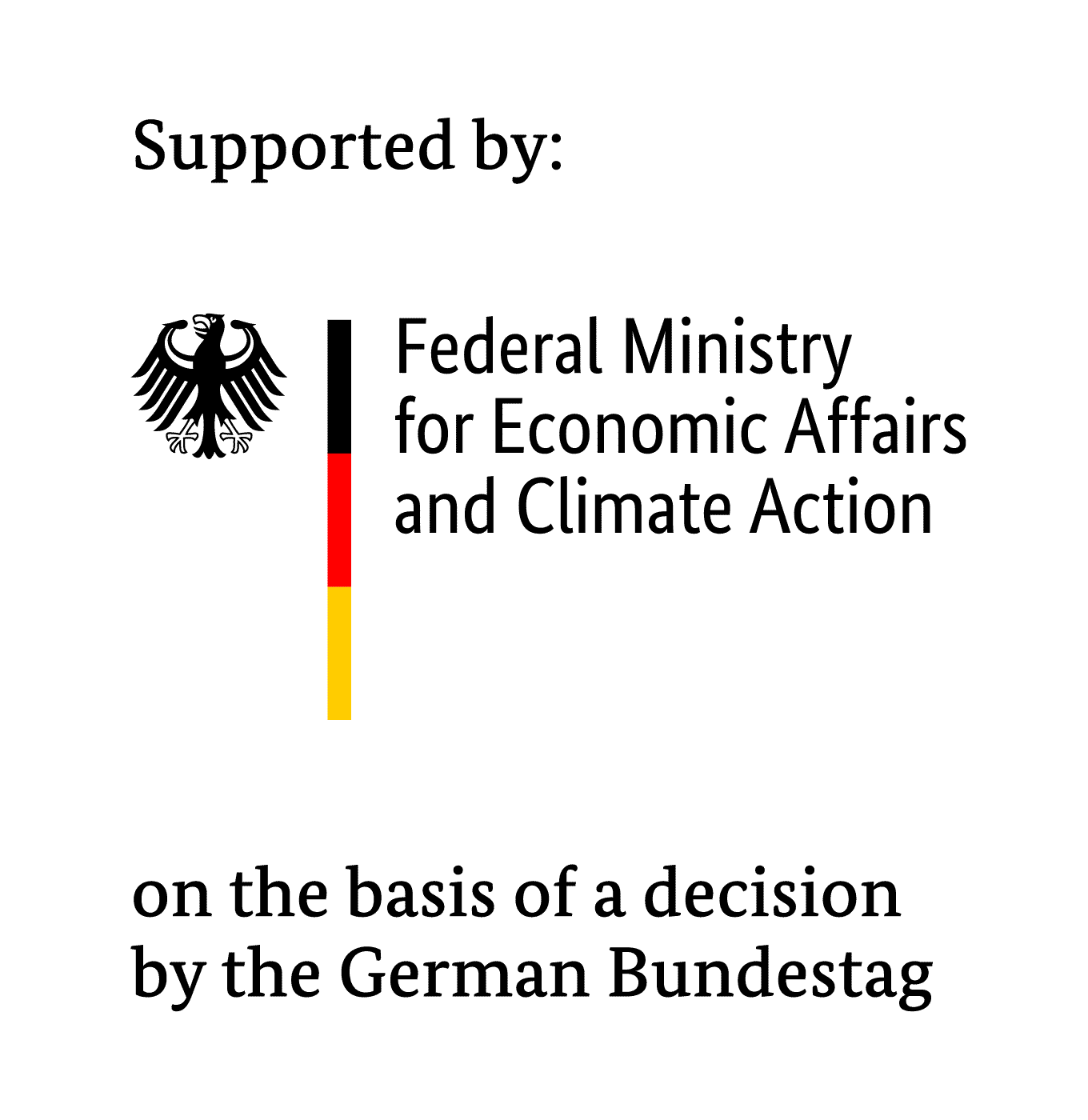Projectname:
Alternative sources of food proteins from leaves
Workgroup: Plant-based foods
Reasearch Partner and Scientific Guidance:
IGF: 306 EN
Financing: BMWK
Duration: 2021 – 2024
Consumers’ habits are changing, and plant protein sources have become more popular than animal protein sources in many countries. This has been evident in recent years with a massive market increase of food products based on alternative protein sources, such as oats, legumes, oilseeds, or seaweeds, in Europe and worldwide. Promising new sources of such proteins are green leaves, mainly due to their broad availability, high protein yields per hectare, and medium to high protein contents (in case of cassava and sugar beet leaves: 30 % and 19 % in dry matter). The main obstacles for economic exploitation are currently the green colour of the products, characteristic offflavours, and difficulties in fractionating green biomass into protein-rich ingredients due to strong cell walls. Therefore, the German-Brazilian consortium of the LeaFood project aims to develop sustainable processes for producing protein concentrates and/ or isolates (soluble and membrane-bound leave proteins) with protein contents of up to 90 % by reducing adjacent compounds from the leaves of cassava and sugar beet.
The applied research method includes the whole value chain. At first, field tests for optimizing leave biomass production and harvesting of cassava will be executed. Additionally, the provided sugar beet leaves of different cultivars will be checked for their suitability for protein extraction based on their composition and protein content. Different post-harvest treatments, including different washing, sorting, and preserving procedures (drying, frozen storage), will be applied to receive stable leaves for protein isolation. To improve the extraction yield and purity, protein losses due to enzymatic deterioration will be prevented by the use of agents with different mechanisms of action (scavenging phenolic compounds, acidify extraction medium, reduce oxidized phenolic compounds), solubilization of membrane-bound proteins will be facilitated by food-grade agents (salts and detergents). Besides, cell disintegration will be improved by enzymatic, mechanical, or electrical means. Resulting protein extracts will be ultrafiltered or precipitated under acidic conditions for purification. Finally, the application potential of the resulting protein ingredients will be tested in different food products.
The outcome of LeaFood will be a process for the profitable exploitation of underutilized post-harvest residues of cassava and sugar beets to increase the farmers’ income. Thereby, novel proteins, which might bring new functionalities for an application in food products, will be extracted and characterized. These proteins offer SMEs a substitution of animal-based protein or conventional plant-based protein in new food products and the possibility to enter new markets and acquire new customers. Thus, LeaFood, as a precompetitive project, lays the basis for further economic exploitation of the project results and advanced process optimizations to be performed before marketing.

The IGF project presented here by the Research Association of the Industrial Association for Food Technology and Packaging (IVLV e.V.) is funded by the Federal Ministry for Economic Affairs and Climate Action as part of the program for the promotion of industrial community research (IGF) based on a decision of the German Bundestag.